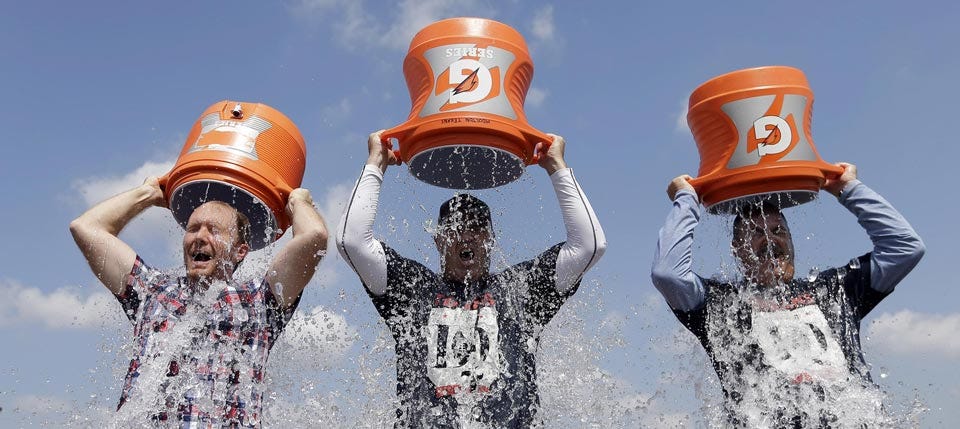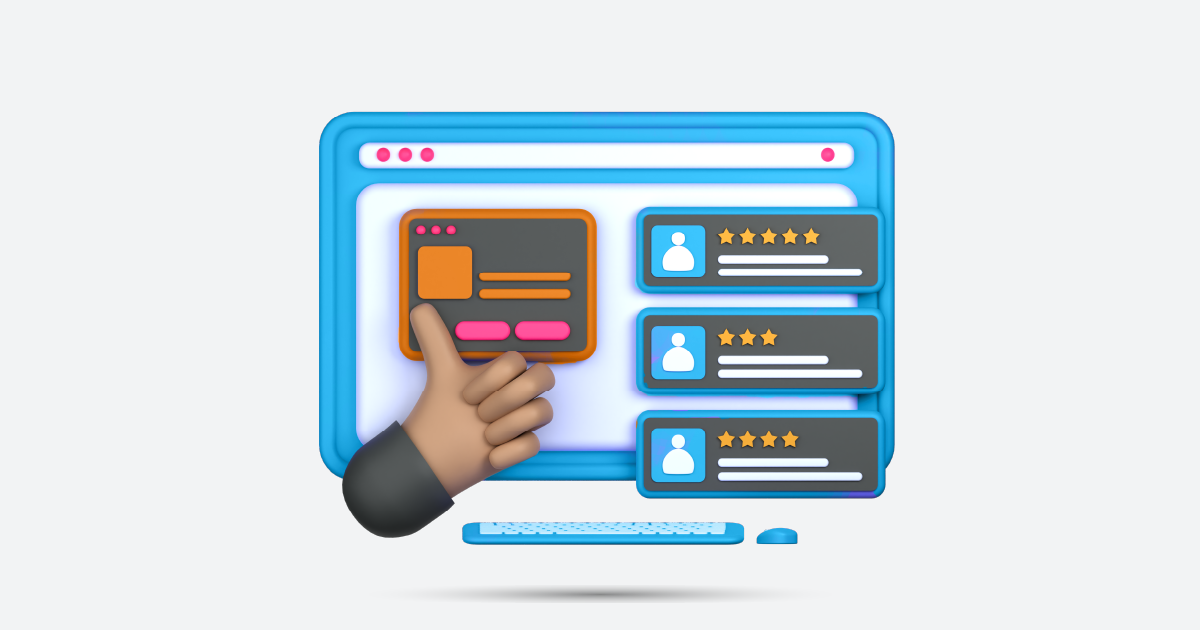In today’s hyper-connected world, social media platforms have become an integral part of our daily lives. From sharing updates and connecting with friends to accessing news and entertainment, social media offers an array of benefits. However, as our online presence continues to expand, the need for social media awareness becomes increasingly important.
What is Social Media Awareness?

Social media awareness is the conscious understanding of the impact and implications of our actions on social media platforms. It involves being mindful of the content we consume, share, and engage with. This awareness extends beyond personal use, encompassing the broader societal effects of digital interactions.
The Importance of Social Media Awareness
In an era where information travels at unprecedented speeds, social media awareness acts as a safeguard against the spread of misinformation and harmful content. By staying informed about the digital landscape, individuals can make informed decisions, contributing to a healthier online environment.
Developing Social Media Awareness
- Stay Curious: Keep up with evolving platform features and trends.
- Evaluate Sources: Scrutinize information before accepting it as fact.
- Cultivate Critical Thinking: Question narratives and analyze content critically.
Understanding the Dangers of Misinformation
The rapid dissemination of false information on social media can lead to confusion and even real-world consequences. Recognizing the potential for misinformation is the first step towards combating its harmful effects.
Tips for Responsible Sharing
- Fact-Check: Verify information from credible sources before sharing.
- Avoid Amplification: Refrain from sharing unverified sensational content.
- Be Mindful of Context: Ensure shared content isn’t taken out of context.
Navigating Privacy and Security Concerns
- Review Privacy Settings: Regularly update and review your privacy preferences.
- Beware of Phishing: Be cautious of suspicious links and requests for personal information.
- Limit Personal Details: Share only necessary personal information on social media.
How Businesses Utilize Social Media Awareness
Businesses leverage social media awareness to enhance brand reputation and engage with customers. By understanding the values and concerns of their audience, companies can tailor their content to resonate positively.
Building Digital Literacy Skills
- Stay Informed: Continuously educate yourself about online threats and trends.
- Learn About Algorithms: Understand how algorithms curate your online experience.
- Teach Others: Share your knowledge with friends and family to foster a safer digital community.
Parental Guidance in Social Media Education
Parents play a pivotal role in educating children about responsible social media usage. Open conversations and setting boundaries help young users navigate the digital world safely.
Balancing Screen Time and Well-Being
- Set Limits: Establish screen time boundaries for a healthier lifestyle.
- Prioritize Offline Interactions: Balance online and offline socializing.
Future Trends and Challenges
Future Trends:
- AI and Machine Learning Integration:
- Enhanced content curation and personalized user experiences.
- Improved detection of misinformation and harmful content through advanced algorithms.
- Increased Focus on Privacy:
- More stringent data protection regulations.
- Development of privacy-focused social media platforms.
- Rise of Augmented Reality (AR) and Virtual Reality (VR):
- New ways of interacting and sharing experiences online.
- Growth of virtual communities and events.
- Expansion of Influencer Marketing:
- Greater reliance on micro-influencers for authentic engagement.
- More sophisticated influencer analytics and tracking tools.
- Social Commerce Growth:
- Seamless integration of e-commerce features within social media platforms.
- Enhanced shopping experiences through AR and VR.
Challenges:
- Combating Misinformation:
- Ongoing struggle to identify and mitigate the spread of false information.
- Need for continuous updates to algorithms and fact-checking processes.
- Balancing Free Speech and Content Moderation:
- Navigating the complexities of moderating harmful content while respecting free speech.
- Developing transparent and fair content moderation policies.
- Addressing Mental Health Concerns:
- Rising awareness of the impact of social media on mental health.
- Initiatives to promote positive online behaviors and digital well-being.
- Ensuring Data Security:
- Protecting user data from breaches and unauthorized access.
- Enhancing security measures and user education on data protection.
- Managing Digital Overload:
- Helping users manage screen time and avoid digital fatigue.
- Promoting healthy digital habits and balanced online-offline lifestyles.
Case Studies with Record-Breaking Impact

Case Study 1: ALS Ice Bucket Challenge The ALS Ice Bucket Challenge became a viral sensation in 2014, raising over $115 million for ALS research. This campaign demonstrated the power of social media to drive global participation and awareness for a cause. Notably, the challenge received support from celebrities like Bill Gates and Mark Zuckerberg, amplifying its reach.
Influencer Quotes and Tweets
Influencer Quote: “Social media is not just an activity; it is an investment of valuable time and resources. Surround yourself with people who will challenge you, teach you, and push you to be your best self.” – Brian Solis, Digital Analyst and Author
Tweet from an Influencer: “In a world where you can be anything, be kind. Social media is a tool to uplift and inspire, not to spread hate. #SocialMediaAwareness” – @SimonSinek
Conclusion
In a world where digital interactions are becoming increasingly prevalent, social media awareness is not just a choice, but a necessity. By staying informed, cultivating critical thinking, and being responsible digital citizens, we can collectively create a safer and more positive online environment for ourselves and future generations.
Ready to take the next step in enhancing your online presence? Request a demo from AIM Technologies, a leader in digital solutions that empower your digital journey.
FAQs
Why is social media awareness important?
- Social awareness helps combat misinformation and fosters responsible online behavior.
How can I identify credible information on social media?
- Look for reliable sources, cross-reference information, and verify before sharing.
What role do businesses play in promoting social awareness?
- Businesses can model responsible online behavior and engage with customers positively.
How can parents guide their children’s social media use?
- Open communication, setting limits, and educating about potential risks are key.
What’s the link between digital literacy and social awareness?
- Digital literacy equips individuals with the skills to navigate online spaces wisely, contributing to enhanced social awareness.




